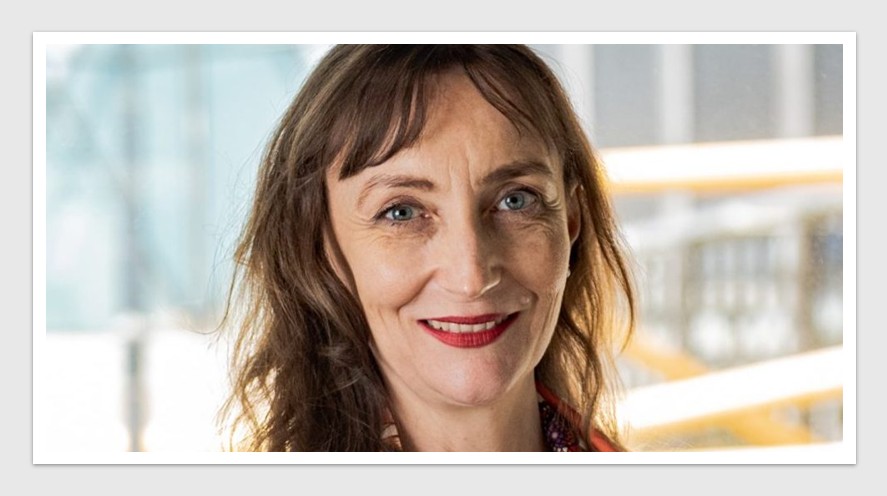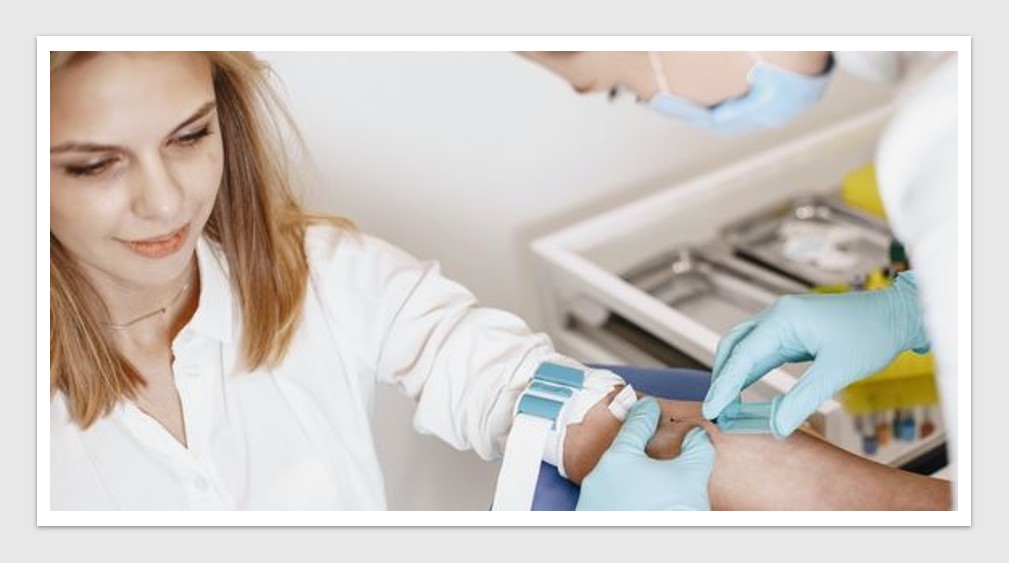News & Trends - MedTech & Diagnostics
Pressure mounts to expand home-based therapies in kidney disease: World Kidney Day

As Australia marks World Kidney Day, the stark reality is that one in three adults is at risk of chronic kidney disease (CKD), and one in ten is already showing early signs. Despite the well-documented benefits of home dialysis for end stage kidney disease, gaps in equitable access remain.
The strain on dialysis centres across the country highlights the need for greater home dialysis adoption. Kidney Health Australia, Renal Society of Australasia and the Australian and New Zealand Society of Nephrology (ANZSN) have raised concerns about the growing shortage of dialysis infrastructure to meet the needs of patients.
“Many dialysis units around Australia are currently at or near capacity, meaning that people receiving in-centre dialysis may need to dialyse at non-preferred times of day or for fewer hours per week in order for all patients to be accommodated. Many currently travel past their closest dialysis units to receive treatment, as their closest units are full,” explained Breonny Robson, General Manager, Clinical and Research at Kidney Health Australia.
While home-based haemodialysis is available to both public and private patients, peritoneal dialysis at home is restricted to public patients, with no current funding from private health insurers. Yet, the economic case is clear: home-based peritoneal dialysis saves more than $36,000 per patient annually.
“Increasing the rates of home dialysis is a viable short-term solution for kidney services to consider as part of their solution to the current pressures in dialysis centre capacity,” Robson added.
Medibank is one of few health insurers supporting home-based haemodialysis which provides “patients with the flexibility to have nurse delivered care in the comfort of their own home, when their treating doctor considers it appropriate”. However, it does not currently fund home-based peritoneal dialysis and has no imminent plans to do so. This presents a missed opportunity for Medibank and other health insurers to deliver a greater value proposition to their policy holders.
“For patients who end up on dialysis, the focus should be on home dialysis first to relieve the strain in the dialysis units who are often working above capacity,” emphasised a spokesperson from the Renal Society of Australasia (RSA).
As health systems in the US, UK, Canada, and Scandinavian countries expand home-based haemodialysis and peritoneal dialysis programs, is Australia keeping pace?
Matthew Bain, General Manager of Vantive ANZ, told Health Industry Hub, “We have been working with insurers in Australia to explore the opportunities for coverage to be extended beyond home-based haemodialysis to also include peritoneal dialysis in the home and provide a choice of therapy most suited to the patients’ needs. Home-based peritoneal dialysis offers further benefits with a lower level of dependency on care providers.”
More than 1.7 million Australians are unknowingly living with kidney disease. The financial burden of chronic kidney disease on the economy exceeds $5 billion annually, reinforcing the urgency of early interventions.
“The focus should be on prevention of chronic kidney disease progression through improved public health awareness programs and the availability of routine testing,” stressed the RSA spokesperson.
Advancements in diagnostics and medicines offer new hope and improved prognosis. ASX-listed company Proteomics has developed a first-in-class blood test, Promarker D, that significantly outperforms conventional methods in predicting future decline in kidney function and the risk of diabetes-related chronic kidney disease.
Similarly, SGLT2 inhibitors from AstraZeneca and Boehringer Ingelheim have recently been PBS listed in chronic kidney disease while the largest study to date has revealed the benefits of Eli Lilly and Novo Nordisk’s GLP-1 agonists as kidney and heart-protective drugs.
Bain reinforced the need for continued innovation, saying “On World Kidney Day and every day, we are working to advance our mission to extend lives and expand possibilities for patients everywhere, including patients on home dialysis.”
With a bold aspiration to End Dialysis by 2050, Chris Forbes, CEO of Kidney Health Australia told Health Industry Hub, “We are pushing for a revolution in kidney disease treatment and support, aiming to give people back their time and their lives. Our vision is to bring an end to the burden of dialysis, and now is the time to demand government support. Now is the time for radical change.”
![]() In reimagining healthcare across the entire patient journey, Health Industry HubTM is the only one-stop-hub uniting the diversity of the Pharma, MedTech, Diagnostics & Biotech sectors to inspire meaningful change.
In reimagining healthcare across the entire patient journey, Health Industry HubTM is the only one-stop-hub uniting the diversity of the Pharma, MedTech, Diagnostics & Biotech sectors to inspire meaningful change.
The Health Industry HubTM content is copyright protected. Access is available under individual user licenses. Please click here to subscribe and visit T&Cs here.
News & Trends - MedTech & Diagnostics

Landmark study exposes stark differences in ICD battery life and patient risk
A new independent study examining over 35,000 implantable cardioverter-defibrillators (ICDs) has uncovered significant differences in battery longevity across several medtech […]
MoreNews & Trends - Pharmaceuticals

Industry roundtable to shape Australia’s genomics policy
An invitation-only roundtable of key industry leaders and representatives from both federal and state governments is convening today to shape […]
MoreNews & Trends - MedTech & Diagnostics

Pathology indexation reboot leaves essential services behind
After nearly three decades of stagnation, the federal government has reinstated annual indexation for selected Medicare Benefits Schedule (MBS) pathology […]
MoreDigital & Innovation

Navigating telehealth’s crowded rulebook: New consortium adds its voice to the mix
A newly formed Consortium of telehealth providers and private health insurers has come together to develop national standards for the […]
More